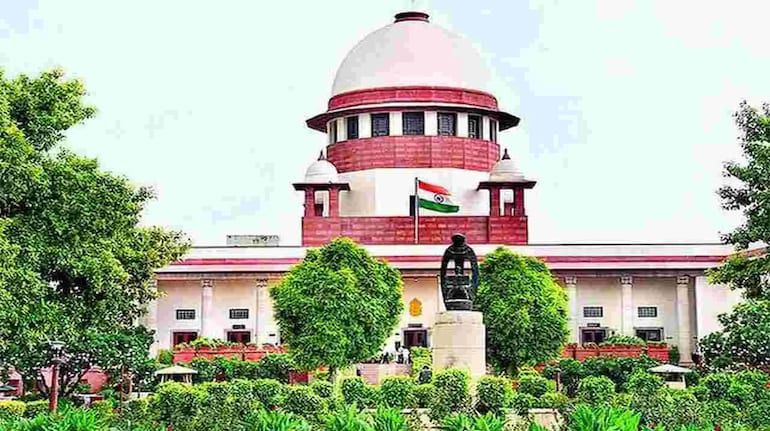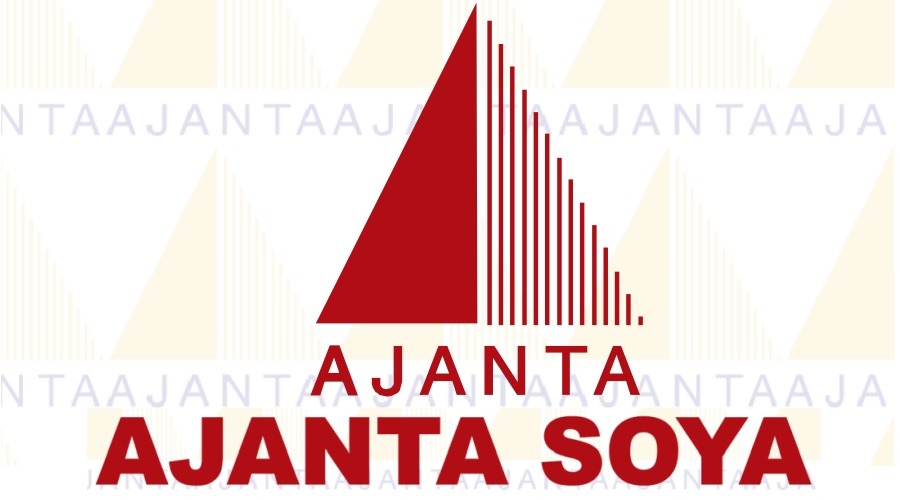 Image Source: Moneycontrol
Image Source: Moneycontrol
Supreme Court Reviews Controversy Surrounding Bihar's Special Intensive Revision of Electoral Rolls
The Supreme Court of India on August 12, 2025, delivered significant observations in ongoing hearings pertaining to the Special Intensive Revision (SIR) exercise of Bihar’s electoral rolls ahead of the state Assembly elections. The Court acknowledged that the revised voter list outcomes could be set aside as late as September if any illegality or procedural lapses are proven in the revision process. This assurance comes in response to petitions challenging the Election Commission of India’s (ECI) authority and the conduct of Bihar’s voter roll revision.
Key Highlights of the Supreme Court Proceedings and the Bihar Voter Roll Revision Issue
The Court is hearing multiple pleas questioning the constitutional validity and procedural correctness of the Bihar SIR exercise initiated by the Election Commission of India.
Petitioners allege exclusion of approximately 65 lakh voters from the draft electoral roll published on August 1, 2025, many of whom claim to have valid government-issued documents such as Aadhaar, ration cards, and electoral photo identity cards.
Senior Advocates appearing for the petitioners questioned the ECI’s authority to determine citizenship during the verification process and challenged the rejection of commonly accepted IDs as proof.
The Supreme Court bench headed by Justices Surya Kant and Joymalya Bagchi expressed concern over alleged mass exclusions but also highlighted the need for evidence before such conclusions.
The Court reiterated that voter rights could not be infringed arbitrarily and that deletion from the draft roll requires issuance of prior notice, a reasoned order, and must follow principles of natural justice.
Election Commission Defends Revision Process and Reaffirms Due Process
The ECI clarified it followed strict procedural safeguards by providing notices, opportunity to be heard, and a transparent two-tier appeal mechanism for those excluded from the draft roll.
The Commission stated no deletion of elector’s name was done without reasoned speaking orders by competent authorities.
It underscored that exclusion from the draft electoral roll is not equivalent to deletion from final electoral rolls and allows for claims and objections.
The ECI contended it is empowered under Article 324 of the Constitution and relevant laws to undertake the revision and to verify voters’ eligibility primarily based on citizenship and residency criteria.
It maintained Aadhaar cards and EPIC could serve as identity proofs but not conclusive proof of citizenship, citing vulnerabilities in document forgery.
Supreme Court on Citizenship and Proof Requirements
The Court agreed with the Election Commission’s position that documents like Aadhaar and voter ID cards are primarily identification tools, not definitive proof of citizenship.
The question raised by petitioners on whether the ECI has jurisdiction to determine citizenship in voter eligibility cases is reserved for consideration, emphasizing that citizenship determination is primarily a Union government function.
The Court assured that electoral rolls need to be free of non-citizen entries, but the process must comply with legal norms and allow affected persons fair hearing.
Procedural Safeguards and Remedies
The ECI deployed approximately 2.5 lakh volunteers, including government officers, to assist in document procurement and verification.
Extensive publicity was undertaken to inform voters regarding revision steps and claim processes.
Draft electoral rolls were made available publicly and to political parties for scrutiny from August 1 to September 1.
Electors omitted from the draft were given the opportunity to submit claims and objections during this window.
The Court observed that until illegality or malpractices are proved, the process must continue but ensured that if the revision is found tainted, results can be invalidated even close to election dates.
Broader Implications and Continuing Debates
The proceedings underscore tensions between maintaining electoral roll integrity and safeguarding voter enfranchisement rights, especially of marginalized communities.
Questions around citizenship proof and the ECI's role in citizenship verification remain contentious.
The case highlights challenges in balancing electoral administration efficiency and adherence to fundamental rights, particularly in politically sensitive contexts like Bihar elections.
Conclusion: Judicial Vigilance in Electoral Integrity
The Supreme Court’s active engagement in the Bihar voter roll revision dispute illustrates the judiciary’s crucial role in upholding democratic fairness and the right to vote. By signaling willingness to set aside revision outcomes if irregularities emerge, the Court affirms the need for transparent, lawful, and just electoral processes. The ongoing hearings will determine how voter inclusion, document verification, and citizenship concerns are reconciled ahead of the crucial Bihar Assembly elections.
Sources: New Indian Express, NDTV, Bar & Bench
Advertisement
Advertisement






